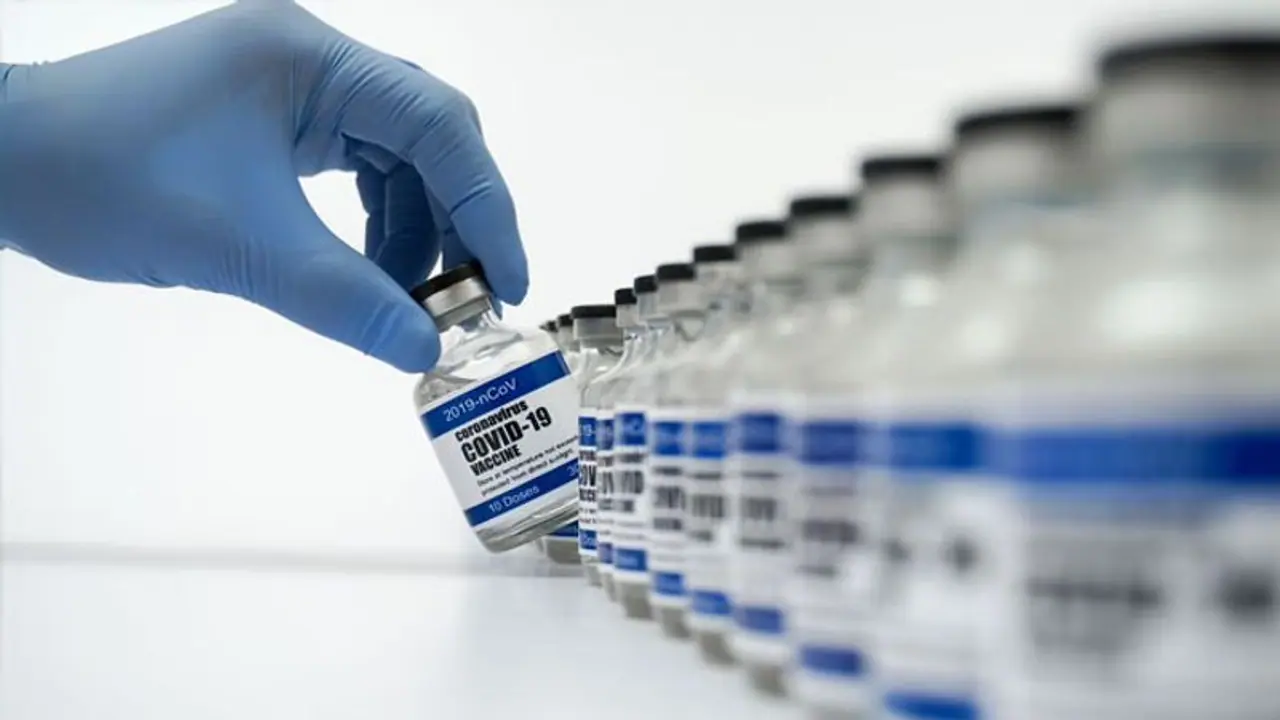There are many vaccines around the world that have been approved to fight against COVID-19. Let's take a look.
A number of vaccines against Coronavirus have been approved for emergency and general usage across the world over the past year. People were initially sceptical about how effective the vaccines were going to be, but now people have slowly started trusting the vaccines to help eradicate the pandemic.

Given the scale of the pandemic and the urgency with which the vaccination drive is being undertaken, we are often not presented with a choice of a vaccine. However, it is important for us to understand how different types of approved vaccines work and what their composition is.
Most vaccines work by exposing the body to particles or molecules that will trigger an immune response and will thus protect the body from any future infections. The same applies to COVID-19 vaccines.
Vaccines for COVID-19 can be divided into four main types. They only differ from each other in the method of exposure they use. They are:
• Whole Virus
• Viral Vector
• RNA/MRNA
• Protein Subunit

Inactivated Vaccines
Approved Vaccines: Covaxin, Sinopharm, Sinovac, Coronavac, Covivac, Minhai, Qazvac
Doses required: 2 intramuscular doses
This vaccine uses a weakened or deactivated form of the virus which when injected will trigger an immunogenic response in our body. These pathogens so injected cannot infect our cells, nor can they replicate themselves. These can be in two forms:
• Live but weakened virus that can still replicate but without the illness
• Or Inactivated virus that cannot be replicated as their genetic material is destroyed but can trigger an immune response.
This technology is not new and has been used for vaccines of Hepatitis A, Polio and Rabies in the past and since this is a tried and tested method, it is relatively easier to manufacture and can be used on people with compromised immune systems. However, this vaccine may require booster shots.
RNA or mRNA Vaccines
Approved Vaccines: Pfizer-BioNTech, Moderna
Doses Required: 2 intramuscular doses
This is a new technology for vaccines that haven’t been used before. However, they have been studied extensively in the past for a variety of other viruses like Zika and rabies.
As per the United States Centre for Disease Control and Prevention, "Researchers have been studying and working with mRNA vaccines for decades. Interest has grown in these vaccines because they can be developed in a laboratory using readily available materials. This means the process can be standardised and scaled up, making vaccine development faster than traditional methods of making vaccines."
These vaccines use genetic materials like RNA or DNA to provide our cells with a set of instructions to produce antigen. In the case of COVID-19 vaccines, it is the spike protein of the virus.
Once it enters our bodies, it will use the protein factor of our cells to make an antigen. This will be detected by our immune cells and will trigger the lymphocytes of our bodies. Now that the body recognizes this virus, any future exposure will automatically fight off the infection.
Since this vaccine has no live component, this virus cannot trigger the disease and provides good safety. However, this vaccine may have challenges to storage.
Viral Vector Vaccines
Approved Vaccines: Sputnik V, Oxford AstraZeneca, Convidecia, Johnson and Johnson
Doses Required: 2 intramuscular doses
This vaccine introduces a safe and modified version of the virus called the Vector to deliver the genetic code to our immunogenic response. These vaccines also work by giving our cells certain genetic instructions to produce antigens.
However, these do it by introducing a different set of the harmless virus to deliver these instructions to the cell. The most popular one being used is an adenovirus. These vaccines mimic a natural viral infection and thus trigger a strong immune response.
This is an established technology and was used in the past for Ebola and triggers a strong immune response involving both, our B cells and T cells. However, in the past, if you were exposed to the vector, it can reduce the effectiveness.
Protein Subunit
Vaccines Approved: Epivaccorona, Zifivax, Novavax
Doses Required: 2 intramuscular doses
These vaccines use subunits of the pathogen, often fragments of proteins, to generate an immune response. The vaccines for Coronavirus use purified pieces of a pathogen, so they restrict the immune system to the whole pathogen, minimizing side effects, but triggering an immune response.
This vaccination technology has been used before in Hepatitis B, meningococcal disease, pneumococcal disease and shingles and can be used for people with compromised immune systems.
These vaccines are however can be a little complex to manufacture and may require booster shots.
